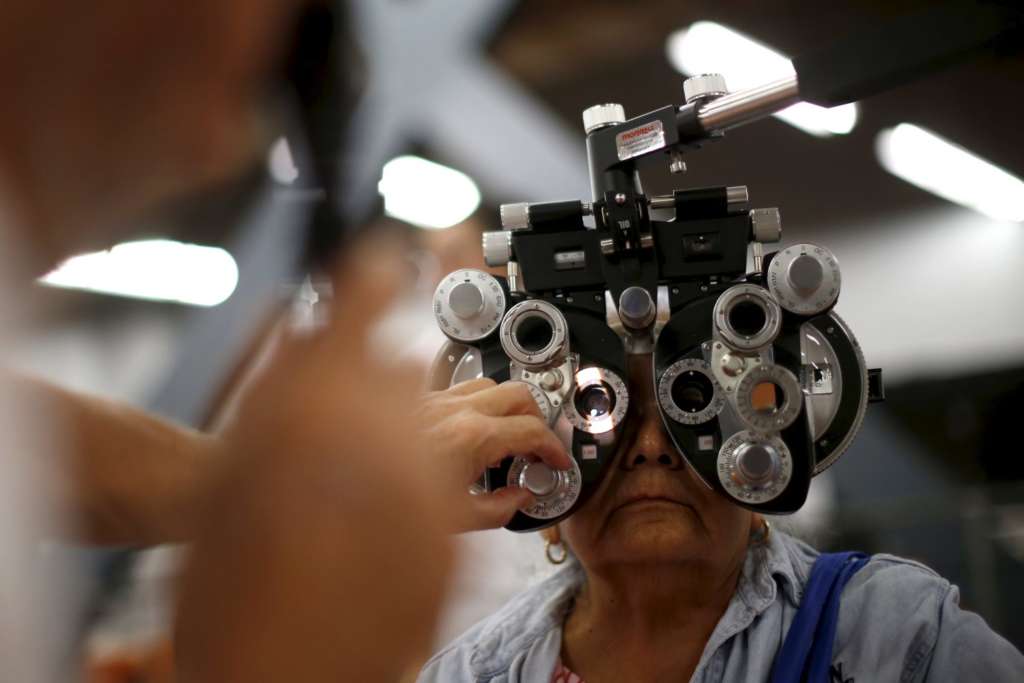Madrid – Many parents in Spain benefit from the back-to-school period to visit ophthalmologists to check up on their children’s eyes, while many others do not pay attention to their children’s vision.
According to a recent surveys, 64% of Spanish families visit an ophthalmologist every year or two years to examine their children’s vision, while 31% only take vision tests in case of illness.
Spanish studies confirm that 9% of Spanish students suffer from myopia, 4% have hypermetropia, 5% have Keratoconus, and 3% Strabismus.
Ophthalmologists have recently called on families to pay attention to the vision problems from which their children may be suffering, especially while reading from paper or from the blackboard; highlighting the headaches that these problems could be causing.
They explained that some eye problems that a student and his family may not notice could cause him discomfort while preparing his lessons, which will greatly affect his activity and academic achievement.
Doctors call on families to pay attention to the problem so that it be detected in its early stages, by regularly visiting the ophthalmologist, especially if the parents themselves suffer from visual impairments or diseases.
The doctors also urged parents to monitor some behaviors that may appear in children, such as taking the paper closer while reading or writing, inability to recognize letters on the board or television, headache, eye redness and frequent tears.
Ophthalmologist Carlos Larrea said: “It is very important to examine and diagnose any visual problem in the child since its early stages especially that some eye diseases may grow worse, which will reduce recovery chances, if not discovered early.”
